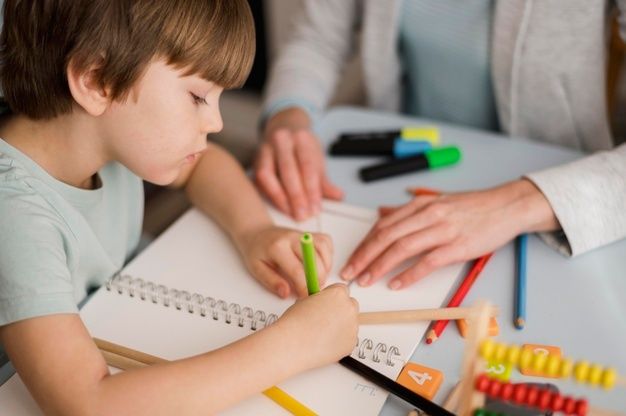Understanding The Meaning Of KS: Key Stages in Education
The term “KS” stands for Key Stages, which are specific levels of the education system in the United Kingdom. These stages define the curriculum and learning goals for students based on their age groups. The Key Stages are part of the National Curriculum used in England, and they serve as a framework for what students should learn at different points in their academic journey.
Key Stages Overview
The UK education system is divided into several Key Stages:
- Key Stage 1 (KS1): Ages 5–7 (Years 1–2)
Focuses on the basics of reading, writing, mathematics, and developing social skills. - Key Stage 2 (KS2): Ages 7–11 (Years 3–6)
Covers a broad curriculum including English, maths, science, history, geography, art, and physical education. - Key Stage 3 (KS3): Ages 11–14 (Years 7–9)
Introduces more advanced topics across all subjects, preparing students for GCSE courses. - Key Stage 4 (KS4): Ages 14–16 (Years 10–11)
Focuses on preparing for GCSE exams and allows students to choose some subjects alongside core topics. - Key Stage 5 (KS5): Ages 16–18 (Years 12–13)
Also known as A Levels, this stage is not part of the National Curriculum but provides qualifications for university or vocational paths.
Example of Thomas Keith Online Independent School
Thomas Keith Online Independent School offers a flexible approach to education, covering Key Stages 3 to 5. Their online platform enables students to learn at their own pace while following a well-structured curriculum. For instance:
- KS3 students can explore subjects such as science, maths, and English through engaging online lessons.
- KS4 students receive targeted support for their GCSE preparation.
- KS5 students can tailor their learning for A Level success, with expert guidance.
This flexibility ensures that students achieve their academic goals, whether they study full-time online or need extra support alongside traditional schooling.
Why Are Key Stages Important?
Key Stages help standardise education, ensuring that all students in the UK receive a consistent learning experience. They also make it easier for parents and teachers to track progress, address challenges, and celebrate achievements.

FAQs
Q: What is the purpose of Key Stages?A: Key Stages outline the knowledge and skills students should acquire at each phase of their education, ensuring a structured and balanced curriculum.
Q: How are Key Stages assessed?A: Assessments vary by stage. For example, KS2 includes standardised tests (SATs), while KS4 focuses on GCSE exams.
Q: Can students study Key Stages online?A: Yes, schools like Thomas Keith Online Independent School provide online learning opportunities for Key Stages 3 to 5.
Q: What happens after Key Stage 5?A: Students can pursue university, and vocational training, or enter the workforce based on their interests and qualifications.
Conclusion
The concept of Key Stages ensures that students in the UK follow a clear and consistent learning path throughout their education. Schools like Thomas Keith Online Independent School offer innovative ways to access these stages, providing a supportive environment for academic success. By understanding and embracing Key Stages, students, parents, and educators can work together to achieve educational goals effectively.




